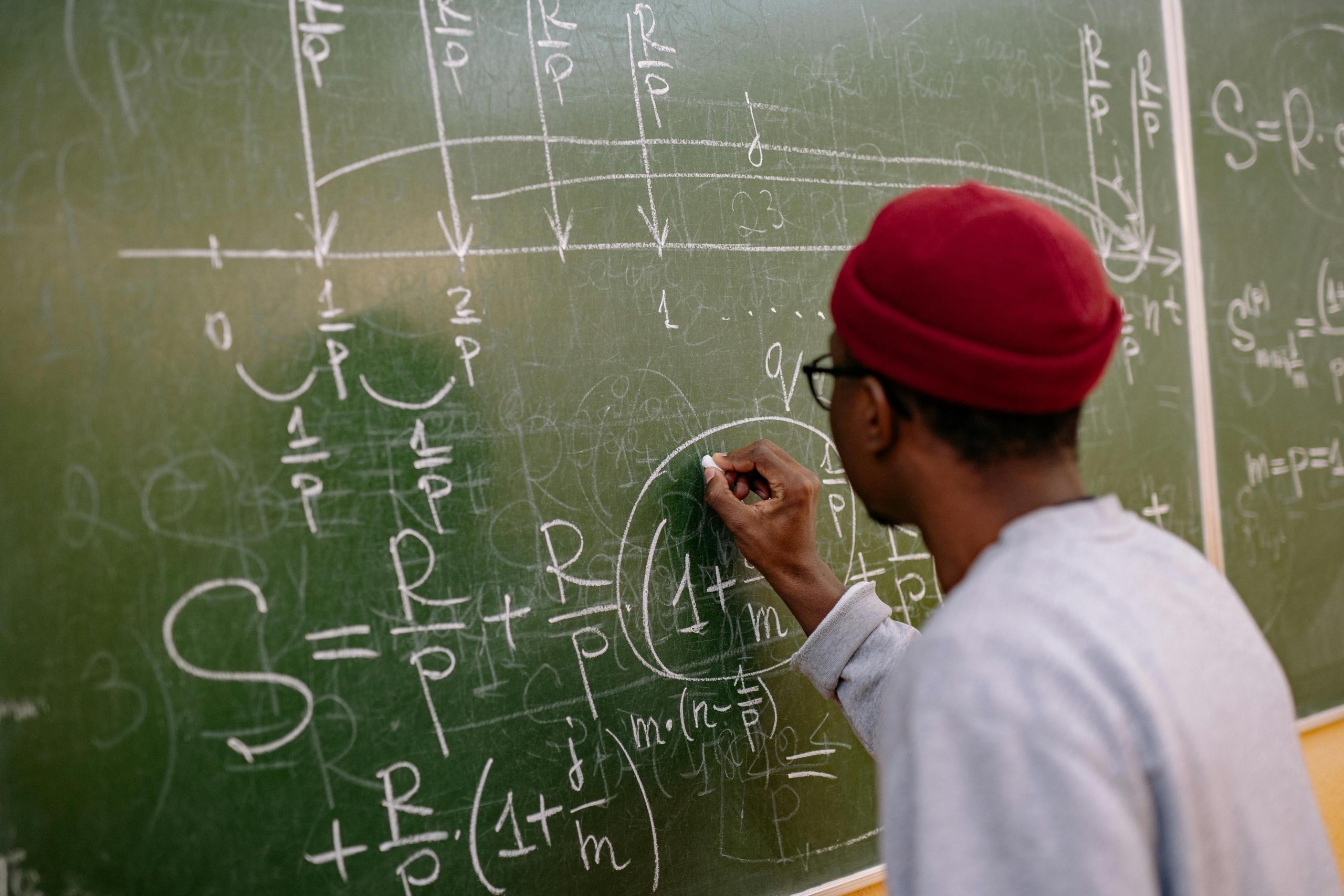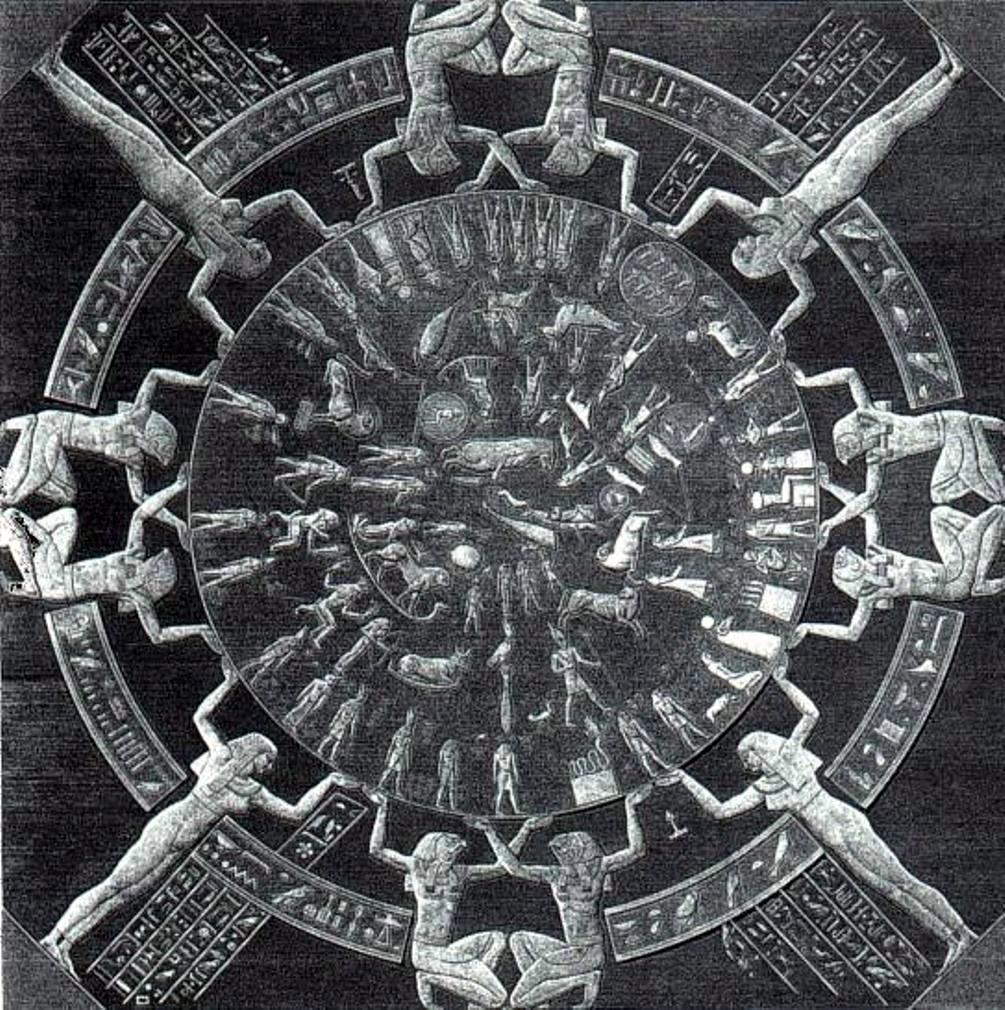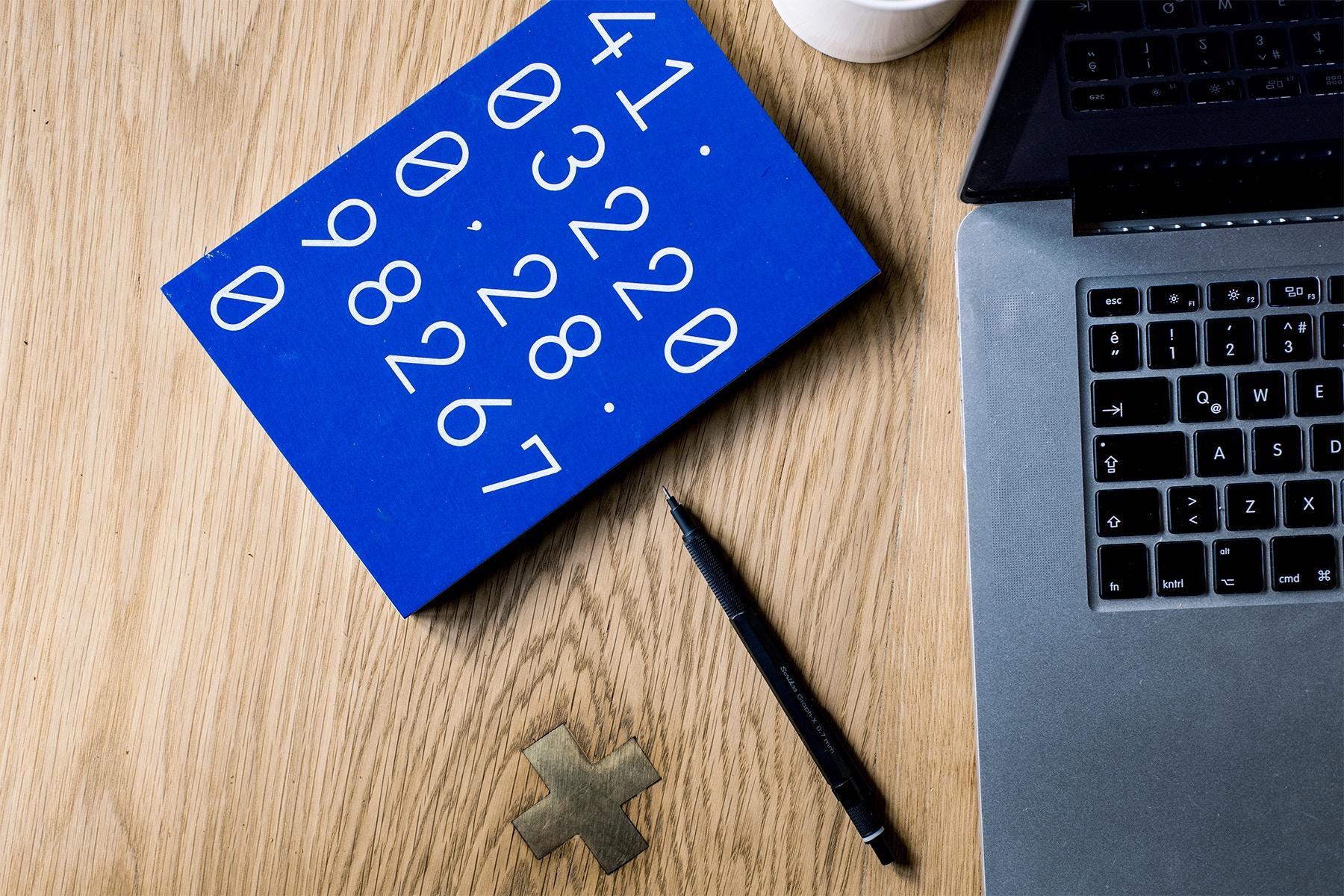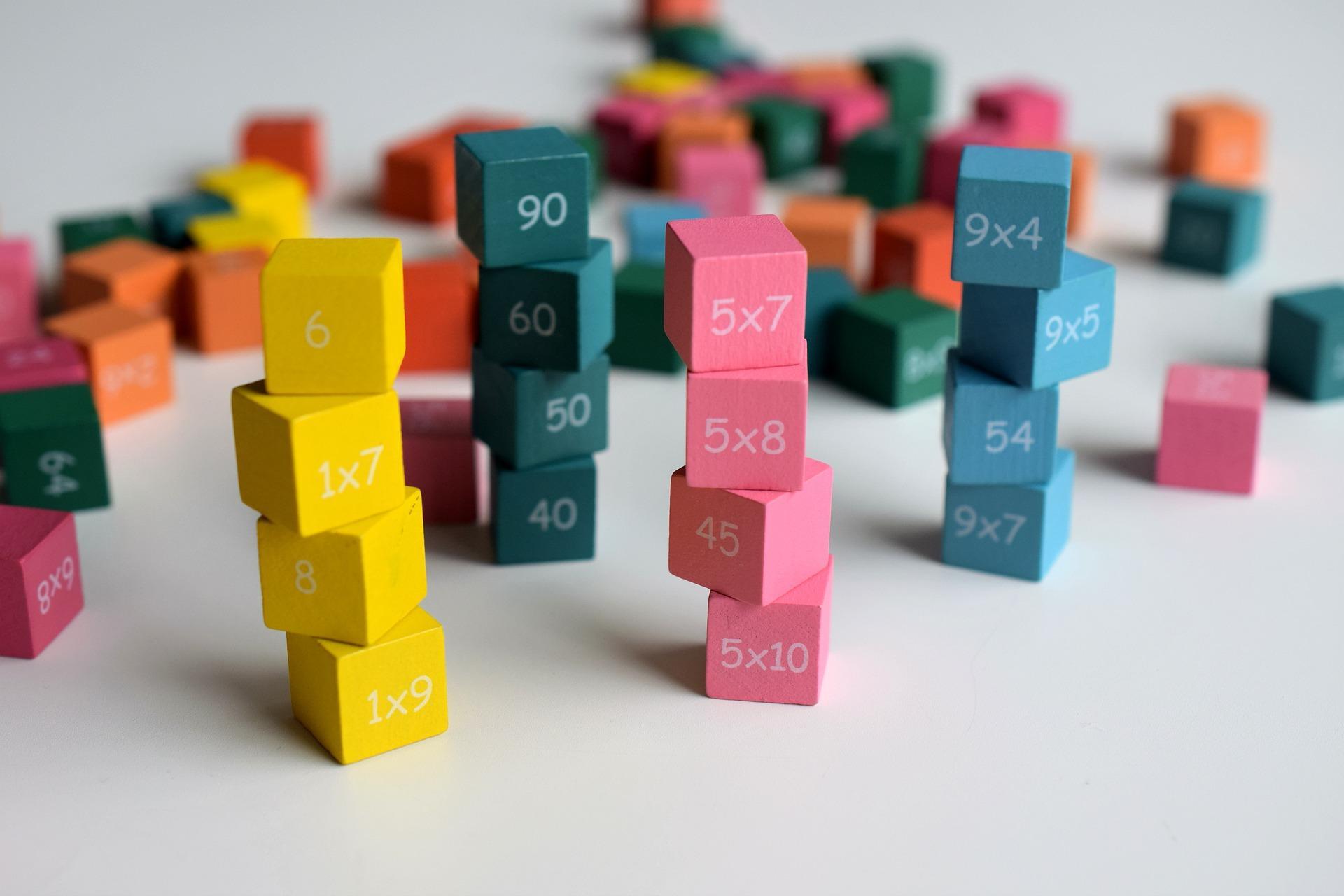Mathematics plays a vital role in every learner’s school journey and its impact reaches far beyond the classroom. Whether you dream of becoming a doctor, engineer, chef, or entrepreneur, understanding numbers and logic is part of navigating the real world. In South Africa, the choice between maths literacy vs pure maths is one of the most important academic decisions learners will make.
This decision usually made between Grade 9 and 10 can shape future study options, influence career paths, and determine how confidently a learner moves through the final years of high school and into adulthood.
But this decision isn’t one-size-fits-all. That’s why knowing the difference between pure maths vs maths literacy vs technical maths, and where you or your child fits best, is essential. In this article find out how to unpack the key differences as well as how to understand what each stream offers. Like many, there may be a time when your child needs extra support from a maths tutor to navigate the journey.
Is maths compulsory in high school? It’s all in here.

From GET to FET: The Transition Years
In answering the question: is maths compulsory in high school, let’s get technical for a moment. Up to Grade 9, all learners in South Africa follow the same General Education and Training (GET) curriculum, which includes a common mathematics syllabus. But in Grade 10, as students enter the Further Education and Training (FET) phase, they’re required to select their subject package and as already mentioned, one of the biggest decisions is: which type of mathematics to pursue?
So, what are the options?
First, there is Pure Mathematics, Mathematical Literacy, and Technical Mathematics. And while it’s true that not everyone loves maths, choosing the right stream can not only change how a learner feels about the subject, but impact their academic future too.
So, is maths compulsory in high school?
The short answer is yes, to a point. All learners must take some form of mathematics until Grade 12, but they get to choose which stream fits them best. That’s where informed decision-making, teacher guidance, and sometimes even the help of a maths tutor become essential.
What is Pure Maths About? Understanding the Three Systems
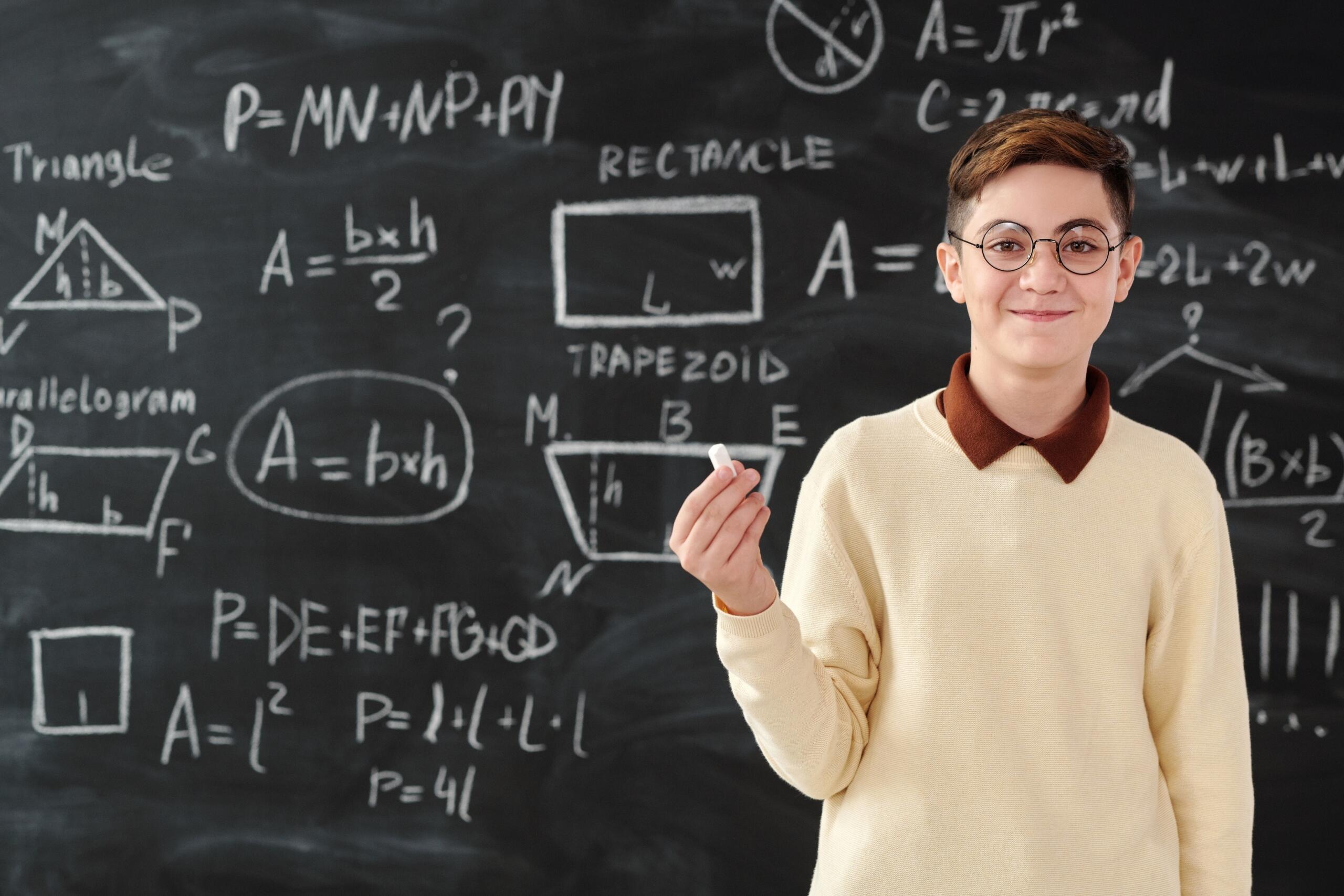
First, what is Pure Maths? Pure Mathematics (or “Pure Maths”) is the most theoretical and abstract of the three and focuses on algebra, calculus, trigonometry, functions, and complex equations.
If you’ve ever wondered what pure maths is all about, it is the “language” of science and technology.
Pure Maths teaches you to think logically, solve problems, and understand the frameworks behind modern technology, engineering, and natural sciences. It’s essential for careers in fields like medicine, finance, architecture, engineering, and IT. However, Pure Maths demands strong analytical skills and commitment, which is why learners struggling in earlier grades are often advised to invest in the support of a private maths tutor just to keep up.
Mathematical Literacy is designed for learners who do not need advanced mathematics for their intended careers. It is practical, real-world focused, and highly accessible. Topics include interpreting bills, managing personal budgets, understanding interest rates, and analysing graphs. For learners who are not pursuing maths-heavy university courses, Mathematical Literacy can be a confidence-boosting subject. In the end, the debate of maths literacy vs pure maths often hinges on one’s career goals and while some may view Maths Literacy as the “easier” subject, it still carries immense value in producing financially literate, informed citizens.
Technical Mathematics sits somewhere in the middle. Designed for learners in technical or vocational pathways, this stream focuses on practical mathematical applications in trades like engineering, mechanics, and construction. In discussions about pure maths vs maths literacy and technical maths, it’s important to understand that Technical Maths is not a compromise!
Rather, it’s an important and specific tool for anyone entering the world of skilled trades. It works towards being comfortable with numbers and spatial reasoning but is more applied and industry-relevant than Pure Maths.

Choosing the Right Stream: Other Factors Worth Considering
By the end of Grade 9, learners in consultation with parents and teachers must make a decision. It’s not always easy especially without knowing what is pure maths all about. The pressure can be intense, especially when comparing maths literacy vs pure maths and wondering what each might mean for the future.
Unlike pure mathematics, which delves deeply into abstract theories and proofs, technical maths focuses on the practical application of mathematical principles.
If you or your child enjoys working with abstract concepts, solving logical puzzles, and has consistently performed well in Grade 8–9 maths, Pure Mathematics may be a great fit. But if those same tasks cause stress and confusion, or if they are drawn to fields that don’t require advanced mathematical skills, Mathematical Literacy could be the smarter, more sustainable option.
This is where schools often offer guidelines or minimum achievement levels to continue with Pure Maths. If a learner is close to the cutoff, but determined to pursue it, a maths tutor can make a world of difference to bridge that gap. On the flip side, choosing Maths Literacy is not a sign of weakness, it’s a strategic academic decision that can support success in subjects like business studies, tourism, or the arts.
Technical Maths is ideal for learners pursuing trade-oriented fields and requires a hands-on mindset and readiness to apply concepts practically. In the context of pure maths vs maths literacy technical maths, consider where you, or your child sees themselves after high school: in a lecture hall, an office, a workshop, or running their own dynamic business?
What Support is Available?
Whatever stream you choose, maths can still be challenging.
Concepts can pile up quickly, and once you lose your way, it can be tough to catch up. That’s why investing in extra support especially in Grades 9–12 is often the key to long-term success and less anxiety!
Remember that a qualified maths tutor doesn’t just help with homework. They can rebuild your confidence, identify learning gaps, and teach in ways that align with your style. Whether you’re pushing through trigonometry in Pure Maths, figuring out budgets in Maths Literacy, or handling equations in Technical Maths, that kind of extra help can shift things from stressful to manageable. Many learners have found that a math online class can be a valuable supplement to face-to-face tutoring.
If you’re a parent reading this, what can you do?
Stay involved - ask your child what they enjoy, what frustrates them, and what they imagine doing in the future. Then speak to teachers and school subject heads as they often know what learners need to thrive in each stream. Let them answer your question: what is Pure maths all about while addressing support structures which may include a private maths tutor.
The Big Question: Which One is Better?

Let’s tackle the elephant in the room: many people view Pure Maths as superior over Maths Literacy. But that’s a flawed and limiting perspective. The real question isn’t which is better in general, but rather, which is better for you!
Is maths compulsory in high school? Yes.
But how you choose to fulfil that requirement can vary, and it should. Remember that not every learner is going to become an actuary or a mechanical engineer, just like not every learner is going to become a graphic designer or hotel manager. South Africa needs doctors, yes, but it also needs chefs, teachers, digital marketers, and artisans.
So, whether you’re weighing up maths literacy vs pure maths, or trying to figure out where technical maths fits into the mix, it’s important to remember that each stream has unique value. Not only that, but each stream is also a stepping stone to success.
Making the Right Choice
Ultimately, High school isn’t just about passing exams. It’s about discovering your strengths, exploring your interests, and preparing for the world beyond Grade 12. When you understand what pure maths is all about, or what opportunities lie in Mathematical Literacy or Technical Maths, you empower yourself to make choices that support your goals and not someone else’s expectations!
And if you're unsure?
That’s okay. Ask questions. Explore your options. Talk to teachers. Consult a maths tutor if you’re feeling behind or unsure. You could also enrol in a math class for structured lessons and practice. What matters most is that you feel supported and confident in the stream you choose.
Finally, don’t be afraid to lean into the debate: pure maths vs maths literacy technical maths. It’s not just a choice about numbers; it’s a decision about your future. Choose wisely, seek help when needed, and remember, how you succeed in it is entirely up to you!
Summarise with AI
















